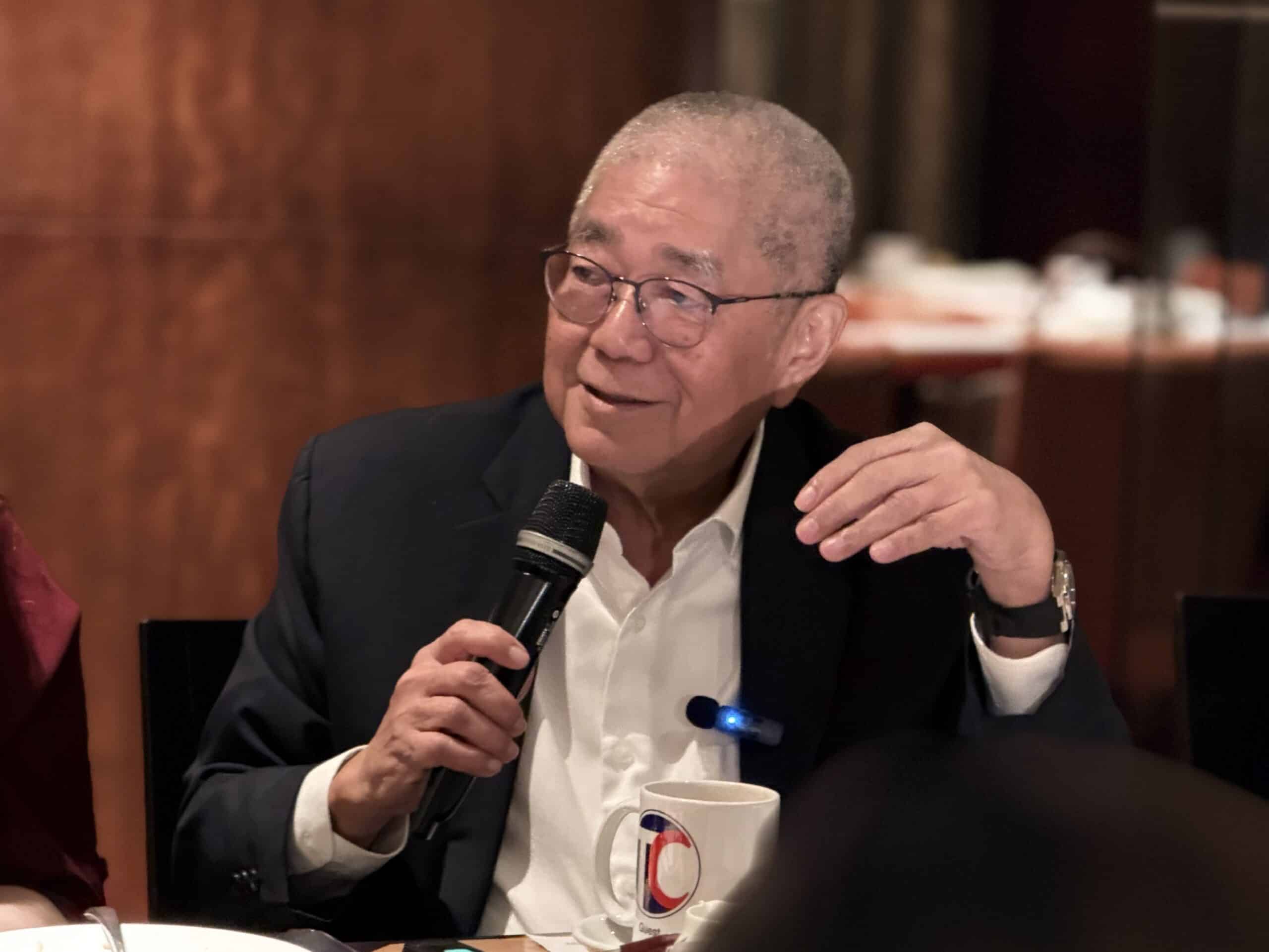

Bangko Sentral ng Pilipinas Governor Eli Remolona Jr. speaks to members of the Tuesday Membership on March 11, 2025 (Photographs by Ian Nicolas P. Cigaral)
MANILA, Philippines — Bangko Sentral ng Pilipinas (BSP) Governor Eli Remolona Jr. mentioned the subsequent massive menace to the nation’s defenses in opposition to soiled cash might come from digital know-how, including that authorities have been in the midst of an “arms race” with dangerous actors.
Talking to members of the Tuesday Membership, Remolona acknowledged that monetary criminals have gotten extra progressive by the day as they try to hold out large-scale crimes.
“That’s what we’re afraid of,” he mentioned.
READ: BSP eyes shift away from OTPs to battle fraud
This implies the nation must sustain with the evolving threats by updating its anti-money laundering (AML) and counter-terrorism financing (CTF) techniques so it might instantly detect illicit move of funds, the BSP chief mentioned.
“Digital know-how is evolving and digital know-how is the popular means for cash laundering actors to take cash in. So, we have now to have a look at digital know-how and what it’s doing,” mentioned Remolona, who additionally chairs the Anti-Cash Laundering Council.
“These guys are very progressive as you recognize, proper? And it’s basically an arms race between us and them so we have now to maintain up with the arms race. That’s why we’re doing this nationwide threat evaluation,” he added.
On the finish of its February assembly, Paris-based Monetary Motion Process Pressure (FATF), the worldwide cash laundering and terrorist financing watchdog, eliminated the Philippines from its “grey listing” of jurisdictions underneath elevated monitoring—the one nation to be excluded within the final spherical of evaluation.
The choice wrapped up greater than three years of the Philippines’ efforts to treatment all 18 deficiencies in its AML and CTF measures.
These deficiencies dragged the Philippines again to the grey listing in June 2021 and pushed it to the brink of being “blacklisted” because it had been in 2002—which might have resulted in failed cross-border transactions, delays and better prices of remittances, a serious lifeline for a lot of Filipinos.
However the FATF mentioned the Philippines would nonetheless have to indicate that it might maintain the implementation of its AML/CTF reforms in a manner that was “constant” with the FATF normal.
The subsequent FATF analysis of the Philippines is in 2027. Till that point comes, Remolona mentioned the Philippines might reap the advantages of the delisting whereas serving to its neighbors exit the worldwide soiled cash watch listing.
“[The Philippines is seen as] a regional chief in tackling cash laundering and terrorism financing, so that they [FATF] requested us to supply evaluators for the opposite international locations in Asia which can be nonetheless on the grey listing,” he added.

